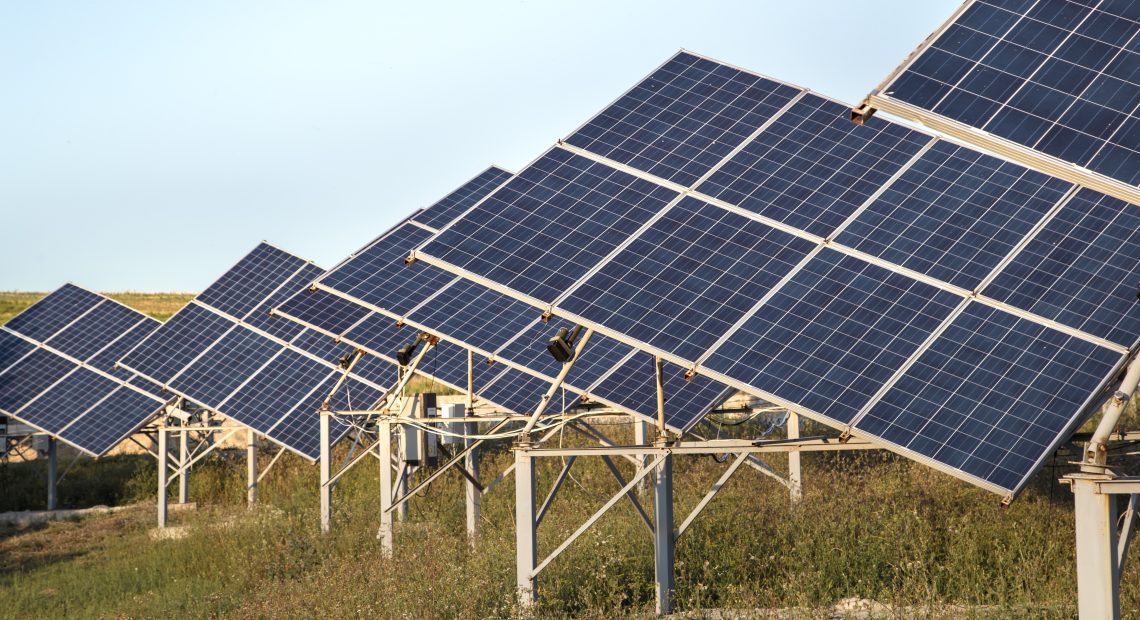
Rogue Communication Devices Found in Chinese Inverters
U.S. energy authorities have discovered unauthorized communication components embedded in Chinese-manufactured solar inverters, raising serious national and international cybersecurity alarms. These inverters play a crucial role in connecting renewable energy sources, such as solar panels and wind turbines, to the main power grid, making the discovery particularly concerning.
Chinese Solar Inverters Under Scrutiny
The issue revolves around the presence of undocumented cellular radios and communication modules inside the inverters. These components were not listed in the official documentation provided by manufacturers and were not declared during import or grid integration processes. Experts warn that these rogue devices could enable remote access to critical grid systems, bypassing existing firewalls and posing an elevated threat to national infrastructure.
This vulnerability could, in theory, allow malicious actors to monitor, manipulate, or even disrupt power grids remotely. Given the increasing reliance on digital infrastructure within energy systems, such breaches could result in severe consequences, including blackouts or systemic failures.
Rogue Devices Raise Alarm
Security analysts suggest that the embedded devices may be capable of transmitting data without authorization or initiating commands from external networks. This could provide a pathway for foreign adversaries to exploit grid systems, turning seemingly innocuous components into potential cyberweapons.
A former senior intelligence official pointed out that these vulnerabilities could be weaponized in a future conflict scenario or used for long-term surveillance of energy consumption patterns, both of which are considered critical to national security.
Global Push for Energy Grid Security
In the wake of these revelations, U.S. lawmakers are pushing for legislative action, including bans on procurement of certain energy components from Chinese suppliers. Some utility companies have already begun phasing out Chinese-made inverters from their projects and are actively auditing existing installations for similar backdoor risks.
Several countries in Europe have also responded swiftly. Baltic states, including Lithuania and Estonia, have started reassessing their energy hardware imports and increasing cybersecurity audits to ensure grid resilience.
As global energy infrastructure becomes more digitized and interconnected, the discovery has ignited a broader conversation on the need for secure, transparent supply chains in the renewable energy sector. Governments and utility providers are now prioritizing robust screening processes and diversifying their technology sources to protect against potential cyber intrusions embedded in hardware.

















